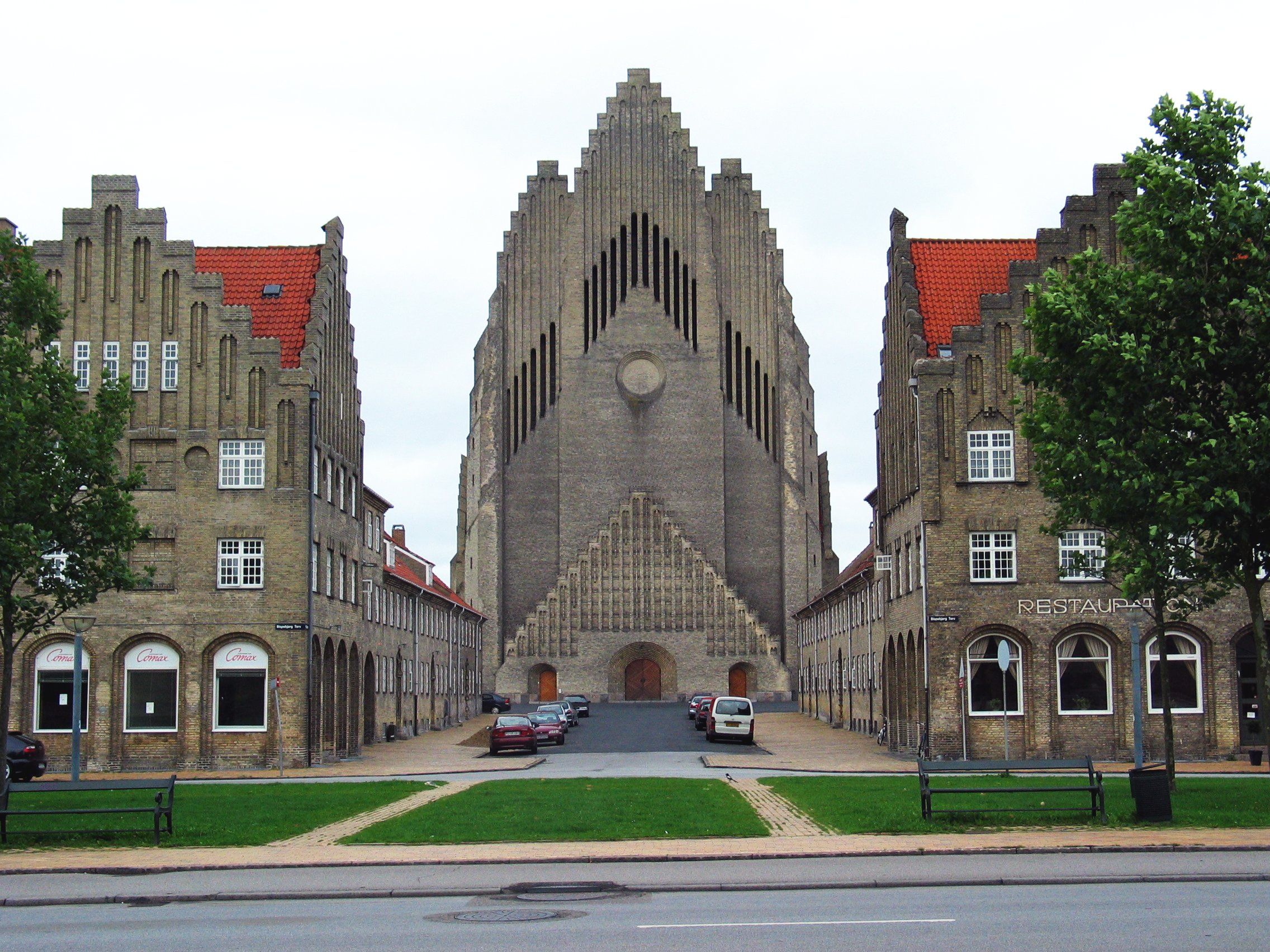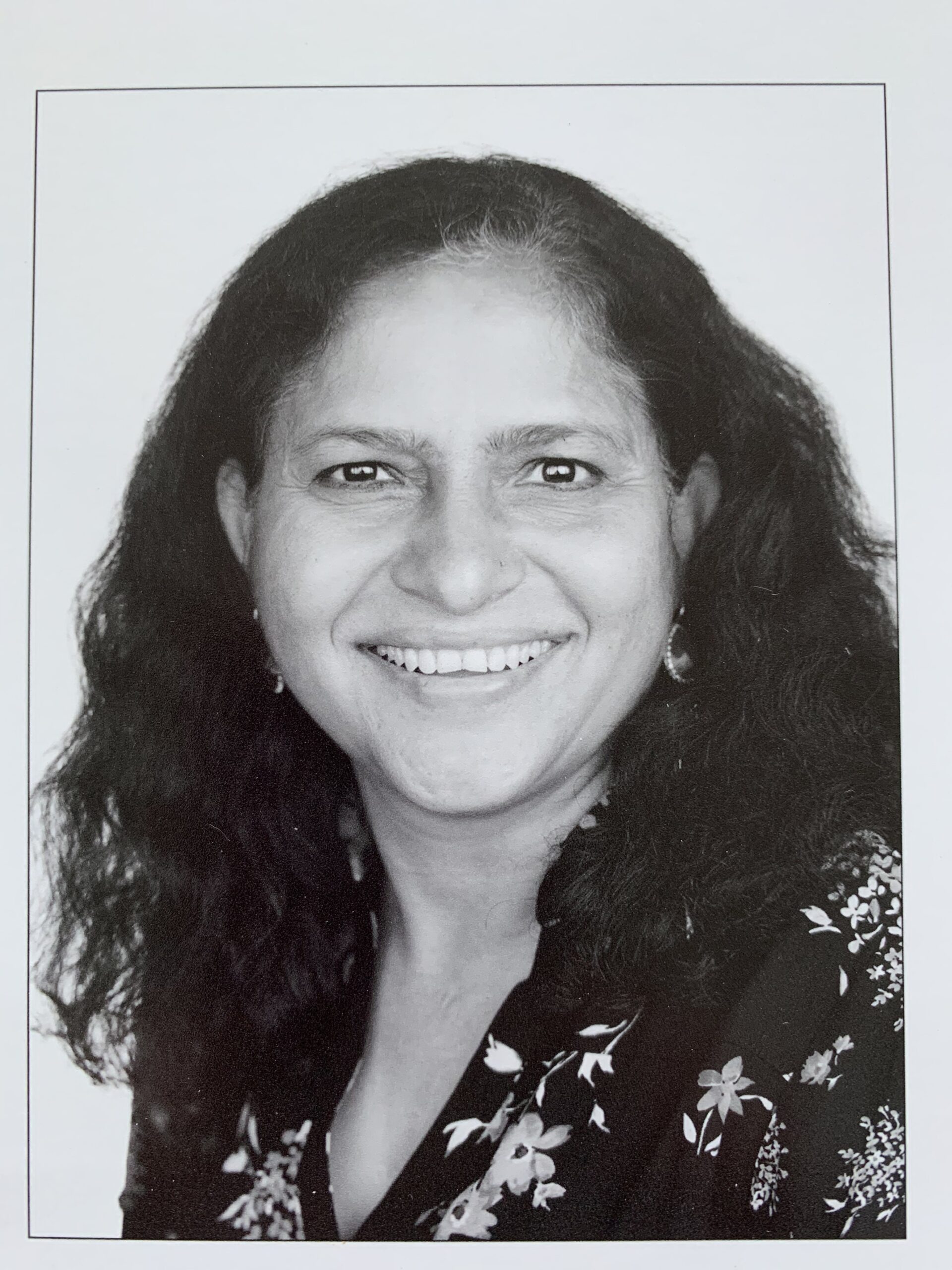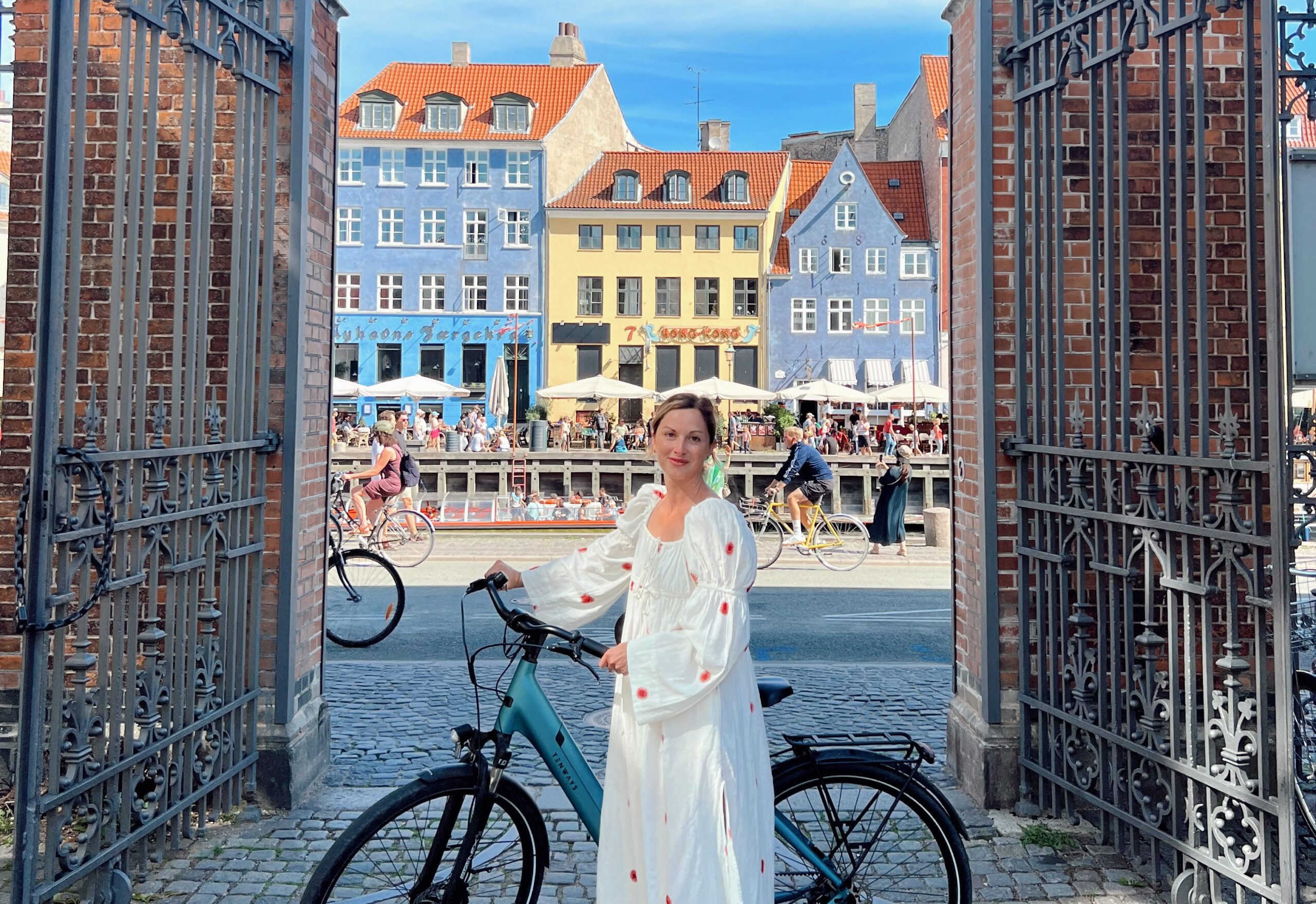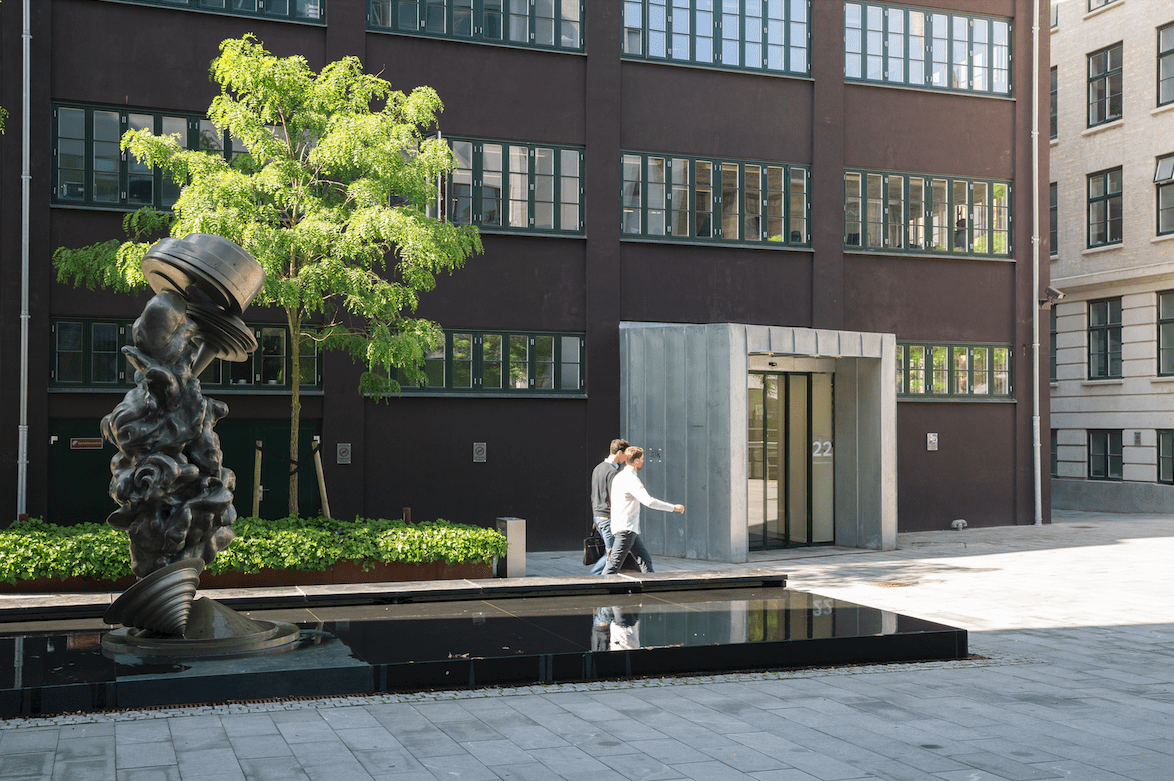Young Danes lag far behind their counterparts in Europe when it comes to political interest and activism. Only one out of eight young people between the ages of 15 and 30 said they would be interested in running for political office. Only two countries finished lower in a study conducted by the European Commission.
While only 12 percent of young Danes could see themselves in a political post, nearly 30 percent of their Swedish counterparts in the same age bracket said they would consider running for office someday.
The study of Danish youth’s lack of interest in politics comes less than six months before many first-time voters head to the pools for municipal and regional elections in November.
Only 56 percent of those under 30 said they had voted in a local, regional or national election in the last three years – in Denmark, their only opportunity to vote in that period would have been the 2011 general election.
Jens Bruun, a youth researcher at Aarhus University, said that apathy among the young may actually be a reflection of their confidence in the system.
"A well-functioning democracy like Denmark’s invites a certain degree of passivity,” Bruun told the weekly newsletter Ugebrevet A4. "Many similar countries are experiencing the kind of problems that encourage young people to get involved.”
Bruun said real upheaval in the system would send young Danes back to the polls.
Local councils are especially feeling the declining interest in the political process among the young. Only 46 percent of potential voters between 19 and 21 bothered to cast their vote in municipal elections in Copenhagen and Aarhus in 2009 – eight percentage points down from elections in 1997.
The councils are looking at several methods intended to lure young voters, including allowing students to vote using absentee ballots where they attend school.
“If you set up places to vote by mail, I think it will encourage young people to vote,” Kasper Møller Hansen, professor of political science at the University of Copenhagen told A4.
Møller said that many young people that are attending school away from home for the first time may not have an understanding of the local issues where they go to school, but would participate as absentee voters in their home council.
“I talk to a lot of councils, and absentee voting is something they are very interested in,” said Hansen.
Hansen said it was important to get young people interested in local elections because their lives are often more affected by council decisions than what goes on in parliament.
The 66 percent turnout in the 2009 local elections was the lowest in 35 years.
Copenhagen voters could cast absentee ballots at Central Station during the 2011 general election. Mayor Frank Jensen (Socialdemokraterne) said the effort resulted in 2,700 extra ballots being cast.
“We want even more participation in this autumn’s local elections, so we will have absentee boxes at colleges, vocational schools and other places,” he told A4.
Jensen said it is important to get people involved in the political process at a young age.
"Studies tell us that if voters are not engaged when they are young, it is very difficult to get them down to the polls later in life,” he said.














